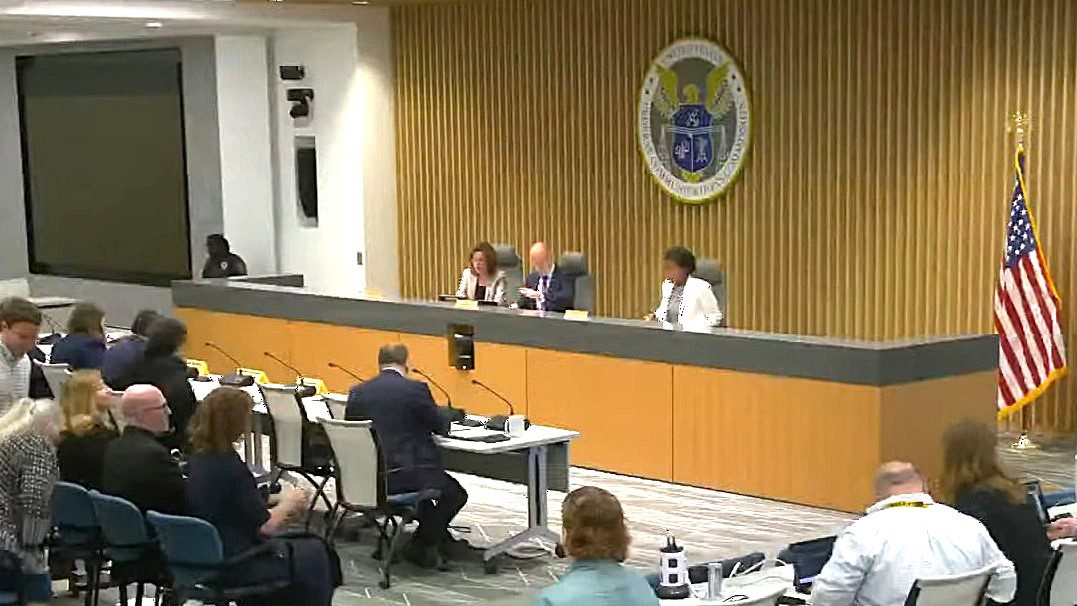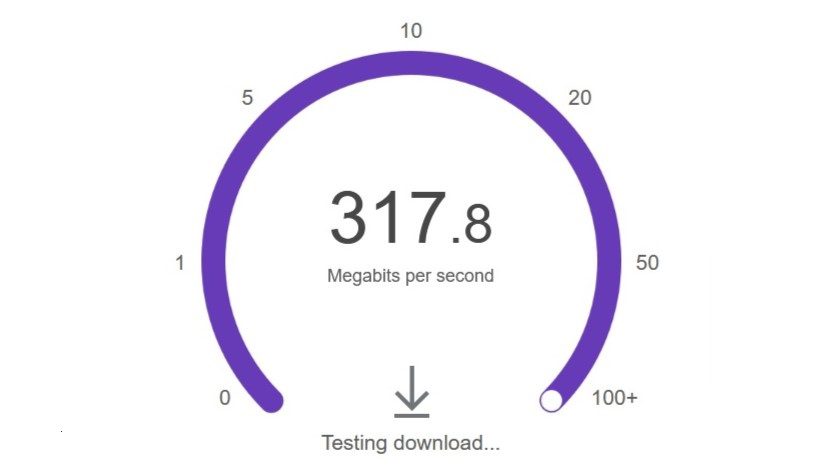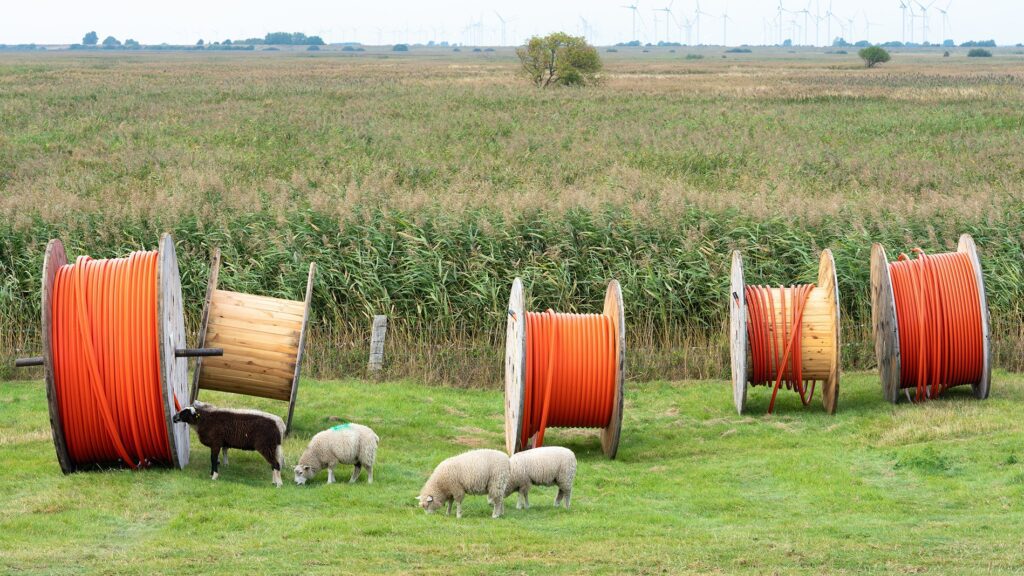Copper Replacement and Return of Auctions Lead Busy FCC Agenda
Randy Sukow
|

The FCC today sought to reignite momentum toward legacy copper telephone networks in areas where fiber networks are ready and able to fill all voice and data needs. Procedures for telephone companies to apply for copper replacement have existed for several years, but applications have slowed in recent years. The Commission unanimously adopted a Notice of Proposed Rulemaking to streamline the rules.
“Just one of the communications providers in this country spends around $6 billion a year to keep its old copper line services running. This is despite the fact that only 5 percent of its customers still subscribe to copper phone service,” said Chairman Brendan Carr during the FCC’s regular agenda meeting. “With today’s actions, we’re moving to free up those billions of dollars of capital for new networks to serve communities.”
The copper replacement rulemaking was the opening action in a long series of items the FCC intends to address under the Build America agenda Carr announced during a speech in South Dakota earlier this month. In today’s meeting, the FCC acted on other items mentioned in the speech, including spectrum auctions, pole attachments and general deregulation. The Commission has already released the tentative agenda for the next monthly meeting, scheduled for Aug. 7, which will address more of the Build America plan.
Specifically, the FCC is asking for public comment on ways to streamline the current system for reporting and gaining approval for copper replacement. During the meeting, Commissioner Anna Gomez cited real-life examples she encountered where premature removal of the copper network could result in remote areas losing all telephone service. She encouraged commenters to identify further problems.
“I support the move to new technologies and want to make sure people … everywhere get the benefits of technological progress. It is imperative that we strike the right balance between over burdensome regulation and rules that protect consumers,” she said.
Spectrum Auctions
With enactment of the “One Big Beautiful Bill,” the FCC has won back its authority to assign spectrum licenses through auction, which lapsed in March 2023. Carr said that one of the major objectives of his Build America plan is to restore American leadership in the wireless development.
“Arguably one reason why the U.S. has failed to keep pace over the last couple of years with our global competitors when it comes to freeing up spectrum is that the FCC has not held a new auction for spectrum since 2022. We’re about to reopen America’s spectrum spigot in a very big way,” he said.
The Commission, the wireless industry and other government agencies are debating new bands to auction for more 5G service and future 6G advancements. But in the short term, the FCC is planning to reauction AWS-3 licenses (1695-1710 MHz, 1755-1780 MHz, and 2155-2180 MHz), which were cleared to sell under the old auction authorization. Nearly 200 licenses have remained unused about 10 years when they did not receive winning bids in the original AWS-3 auction.
The Report and Order the FCC adopted makes some changes to the bidding credit rules for small businesses and rural bidders. The Commission says it will soon announce a date for the auction and application deadlines.
Gomez was disappointed that the order did not include a licensing window for tribal organizations. While she did not oppose the item, her vote was “approving in part and concurring in part.”
“While I believe it could have been possible for the FCC to conduct both a tribal licensing window and an AWS-3 auction within the time frame that Congress indicated, I understand that the Commission’s interpretation of Congress’s directive in this act was to move to auction expeditiously,” she said.
Commissioner Olivia Trust praised the order for its national security provisions. “Proceeds from the AWS-3 auction will help fund the Commission’s supply chain reimbursement program, which supports the removal and replacement of untrusted equipment from companies like Huawei and ZTE,” she said.
Pole Attachments
A perennial problem has been the lack of space on utility poles as drive for new communications networks grows. It has become one of the major barriers to broadband expansion.
Chairman Carr, after recalling experiences talking to linemen replacing 30-year-old copper plant with new fiber lines, said the current state of pole attachment regulation is unacceptable.
“For too long, this work has been made even harder by a regulatory regime that doesn’t make it easy to build out new high-speed infrastructure,” he said. “A lack of standard rules and timelines for processing requests to attach the largest number of poles have slowed down the rollout of connections and led to costly disputes between broadband builders and utility pole owners.”
The Commission adopted a Fifth Report and Order with rules aimed at setting more uniform timetables for builder/pole owner negotiations and promoting collaboration of pole owners in broadband projects.
Delete, Delete, Delete
The most controversial item of the day was Carr’s desire to wipe hundreds of obsolete regulations off the books and create a streamlined procedure to continue removing regulations.
In a Direct Final Order, the FCC says that it has removed 11 outdated rules and torn out 16 pages from the Code of Federal Regulations. The eliminated rules covered things like phone booths, telegraphs and provisions that sunset decades ago.
During an April comment period in the “Delete, Delete, Delete” proceeding, NTCA – The Rural Broadband Association called for changes to or elimination of “historic accounting rules” imposed on rural telecommunications companies. NRECA used the occasion to call for the end of the “certified professional engineer” requirement Broadband Data Collection submissions, an action the FCC took in a separate proceeding last month.
The Commission says that it plans to remove more rules in the future through a streamlined process that it believes is consistent with the Administrative Procedure Act. It will routinely list rules for repeal that do not have a major impact on industry or the public. After a public comment period, the FCC will repeal the rule without “significant adverse comment.”
“I cannot support the establishment of procedures to erase rules that have been adopted pursuant to notice and comment without seeking public comment on appropriate processes,” said Gomez, who dissented from the order. “Public Comment matters, and stakeholders need sufficient opportunity to raise issues we regulators may not have thought of. We should have sought comment on standards to apply appropriate guardrails.”


